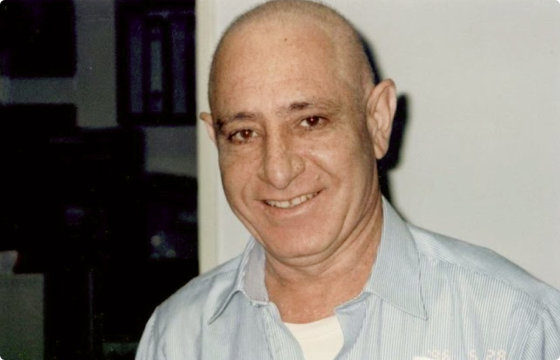The first patient that underwent successful allogeneic stem cell transplantation for advanced chronic myeloid leukemia using NST

The principle of NST was based on the idea that elimination of chemotherapy- and radiotherapy-resistant cancer cells could be accomplished using alloreactive donor lymphocytes post-grafting. This could also apply to a large number of hematopoietic stem cells producing Philadelphia-positive chronic myeloid leukemia (CML) cells.
Such procedure should take into consideration that the role of the transplant procedure was to induce tolerance, or unresponsiveness, against a donor’s immune system cells following the engraftment of donor’s hematopoietic stem cells.
This was against the pre-existing dogma, which was based on an attempt to eliminate all CML stem using maximum-tolerable doses of chemotherapy and/or radiation therapy prior to the transplant procedure. This is then followed by the administration of donor’s hematopoietic stem cells to rescue the patient from the irreversibly lethal conditioning used to maximize elimination of CML in the bone marrow and the blood.
Indeed, this patient with CML presented with a large number of malignant cells. He was the first one to show that even patients who are not completely in remission could benefit from a successful and safe transplant procedure. This patient is still alive and well more than 25 years after successful NST.
In other words, instead of trying to eliminate all cancer cells or genetically abnormal stem cells prior to the transplant procedure, a safer approach to eliminate a patient’s undesirable cells could be accomplished. This should follow the transplant procedure, using the patient’s graft-versus-malignancy or graft-vs-any-undesirable-hematopoietic-stem-cells. It would provide a safer treatment for any malignant or genetically abnormal stem cells, or even stem cells producing autoimmune-reactive lymphocytes in life-threatening autoimmune diseases.

